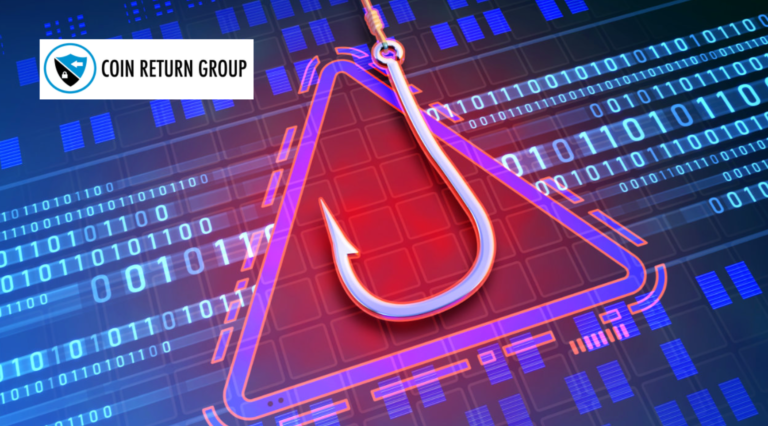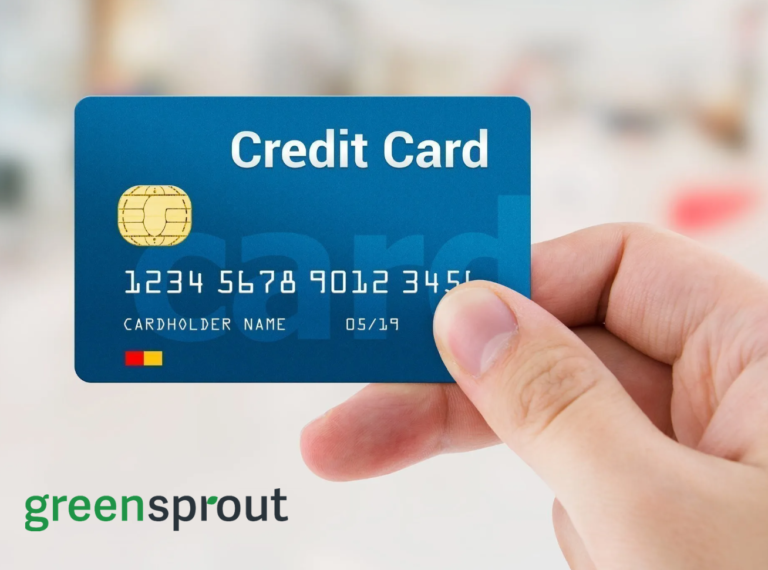Bitmain’s hydro miners have caused quite the stir. The use of hydro cooling technology is revolutionising the mining hardware industry for the better, delivering greater cooling capabilities at lower costs to miners everywhere. The use of hydro mining machines (like the S19 XP Hydro) may be a long way off for home miners. The S19[Read More]
Finance Tech
5 UX-related predictions of online mortgage applications
With the rise of digital technology, the world has seen a massive shift toward online mortgage applications. In the past few years, there has been a significant increase in the number of people using online platforms to apply for mortgages. As a result, the user experience (UX) of these online applications has become increasingly important.[Read More]
Why Online Casinos Are Becoming More Popular in Arab Countries
The online gambling industry continues to thrive. What began as a subsidiary of the larger gambling market has become a successful business in its own right, generating billions annually. And for good reason too. Online casinos make gambling a lot more easily accessible and convenient. They bring all of our favorite games to our home.[Read More]
Debunking Bitcoin Myths
Bitcoin seems to be hitting new all-time highs every month for the last few years, and with that more and more hype has been building. In fact, since its release back in 2009, no other cryptocurrency has been able to match bitcoin in terms of pure investment and the growth of its market cap. Ethereum[Read More]
Coin Return Group Answers: Is It Possible To Recover Stolen Crypto?
If you are a crypto owner, you might occasionally worry that your digital assets might one day disappear from your wallet due to theft from hackers or scammers. For the most part, this won’t happen if you have several security measures in place. However, as seen by the rise in crypto theft instances, hackers and[Read More]
Cryptocurrency In The UK: What You Need To Know – Kavan Choksi
Cryptocurrencies are all the rage these days. If you’re not familiar with them, they are digital or virtual currencies that use cryptography to secure their transactions and to control the creation of new units. Bitcoin was the first cryptocurrency, and it has spawned a whole host of others. Cryptocurrencies are becoming increasingly popular, especially in[Read More]
Lance Ippolito Shares: Is Trading Options On ETFs A Waste Of Time?
Lance Ippolito is an expert trader specializing in trading institutional order flow, also known as unusual options activity and catalyst-based events. He has hosted several trading rooms for the past seven years, where he focuses on educating and mentoring traders. Below, Lance Ippolito shares whether or not trading options on ETFs is a waste of[Read More]
Green Sprout Shares What To Look For In A New Credit Card
Credit cards can be very useful for day-to-day purchasing; thus, it is advisable to have one handy. Don’t be too hasty when choosing a new credit card. Take your time to consider interest rates, annual fees, foreign transaction fees, and other important factors. Below is everything you should consider before choosing a credit card. Why[Read More]
Are You Interested in Crypto? Biti Codes IO Is Here To Help You
The crypto market is way more volatile compared to financial markets. Unsurprisingly, it is vital to monitor the price of cryptocurrencies in order to spot even minor changes. Nevertheless, the situation is more complicated than it might appear at first glance. As you know, human beings, at least most of them, can’t spend several weeks[Read More]
How to save your finances
It is very important to know about finance because it helps us understand our finances better. Once we know what exactly our financial situation is, then we can plan. We should also try to improve our finance skills over time. What does “money” mean? It means the stuff that you have in your pockets or[Read More]









